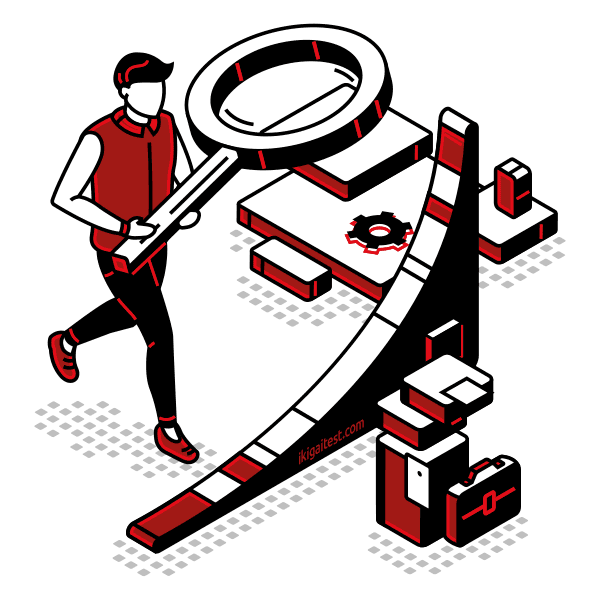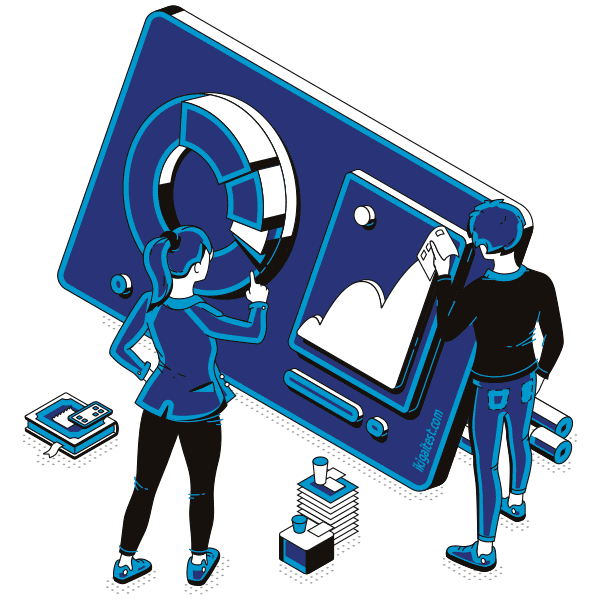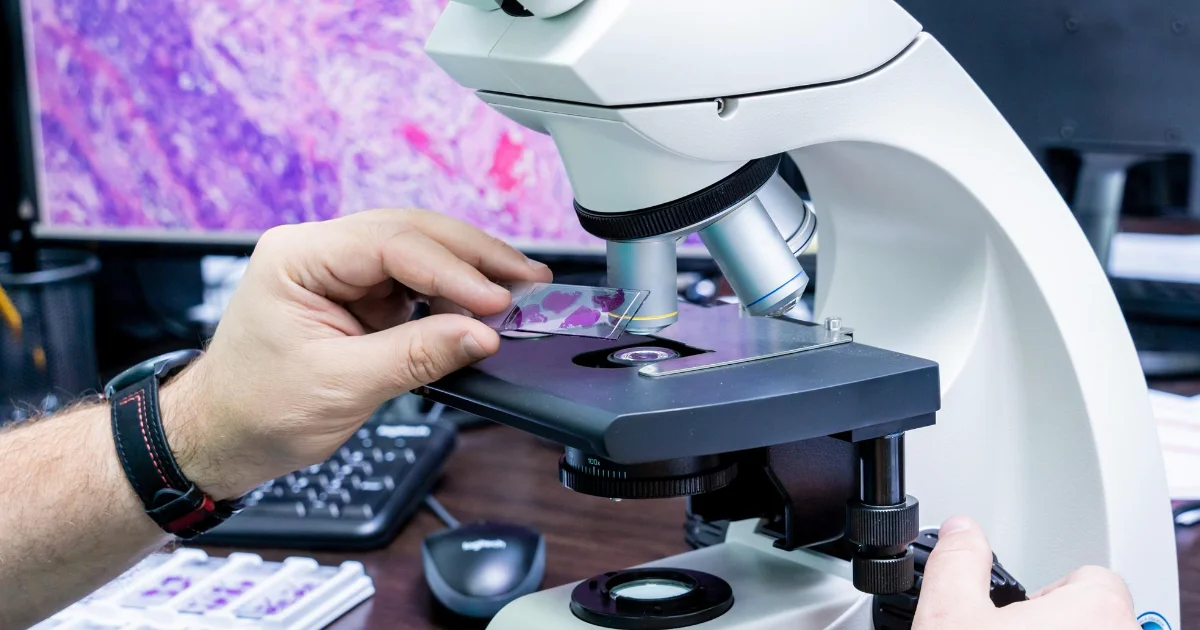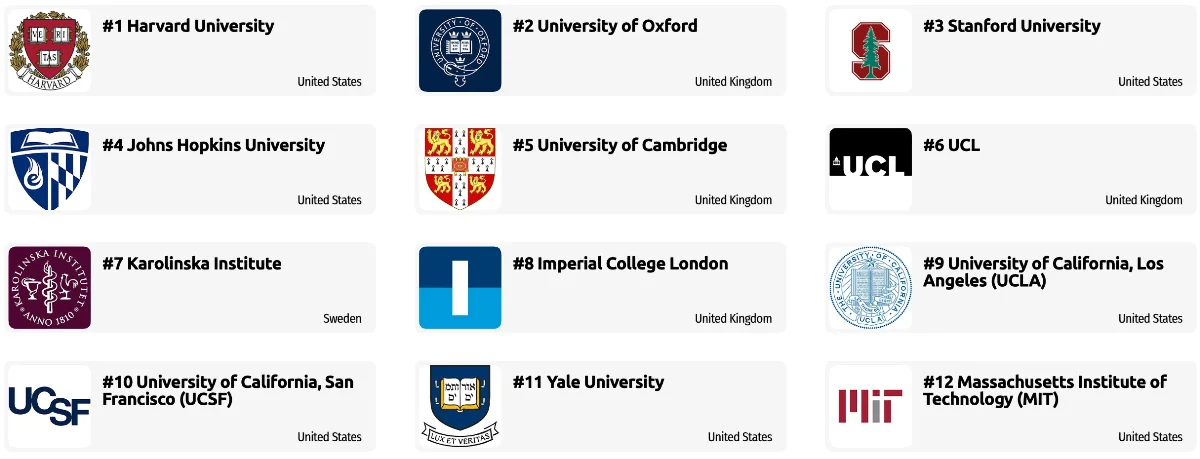Inspector

Inspectors should be great at:
- Estimating sizes, distances, and quantities; or determining time, costs, resources, or materials needed to perform a work activity.
- Observing, receiving, and otherwise obtaining information from all relevant sources.
- Identifying information by categorizing, estimating, recognizing differences or similarities, and detecting changes in circumstances or events.
- Inspecting equipment, structures, or materials to identify the cause of errors or other problems or defects.
Supervisor

Any supervisor should excel at:
- Monitoring and reviewing information from materials, events, or the environment.
- Detecting or assessing problems whether real or potential.
- Monitoring and controlling resources and overseeing the spending of money.
Other work activities related to Cytotechnologists
- Examining cell samples for detecting abnormalities in the colors, shapes, or sizes of cellular components and patterns.
- Examining specimens, using microscopes, for evaluating specimen quality.
- Preparing and analyzing samples, such as Papanicolaou (PAP) smear body fluids and fine needle aspirations (fnas), for detecting abnormal conditions.
- Providing patient clinical data or microscopic findings to assisting pathologists in the preparation of pathology reports.
- Assisting pathologists or other physicians to collecting cell samples by fine needle aspiration (FNA) biopsy or other method.
- Examining specimens for detecting abnormal hormone conditions.
- Documenting specimens by verifying patients’ and specimens’ information.
- Maintaining effective laboratory operations by adhering to standards of specimen collection, preparation, or laboratory safety.
- Performing karyotyping or organizing of chromosomes according to standardized ideograms.







